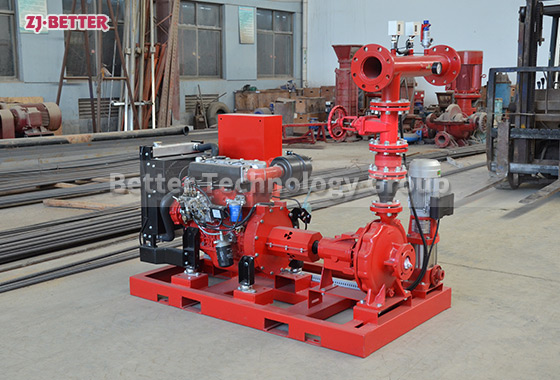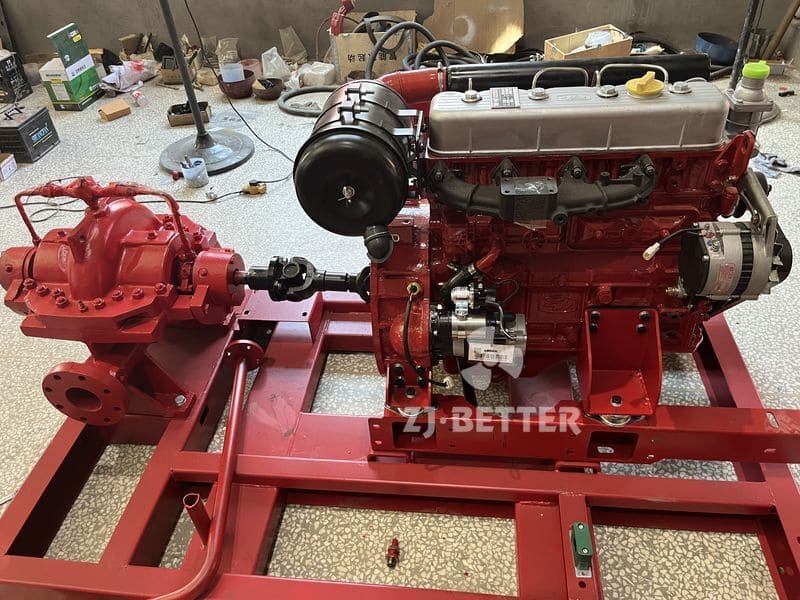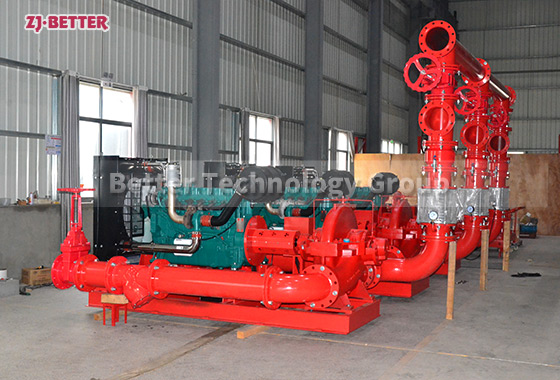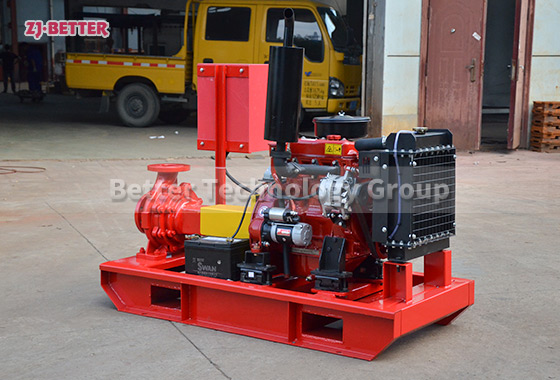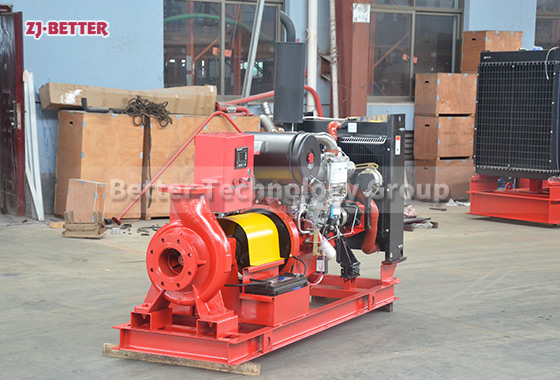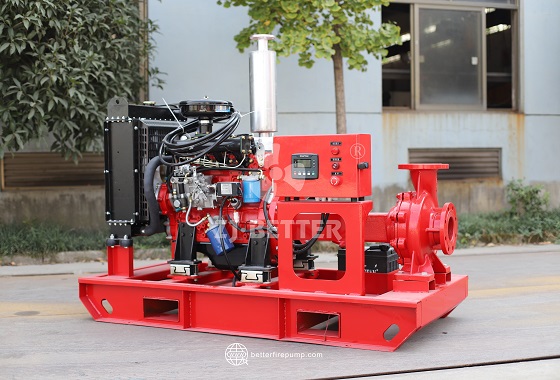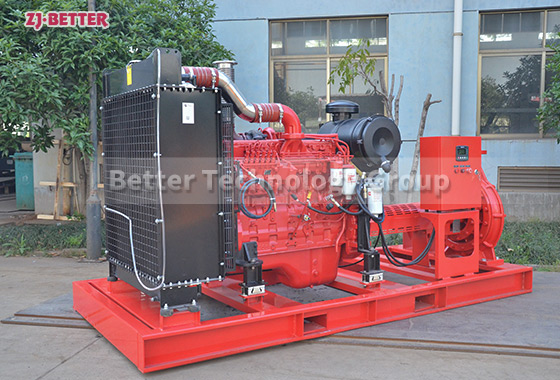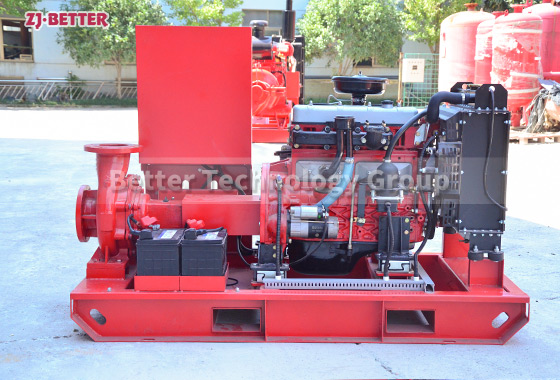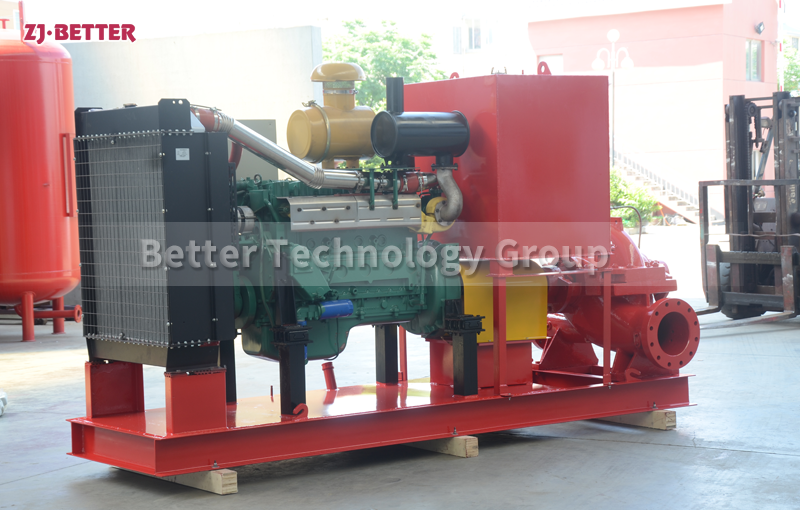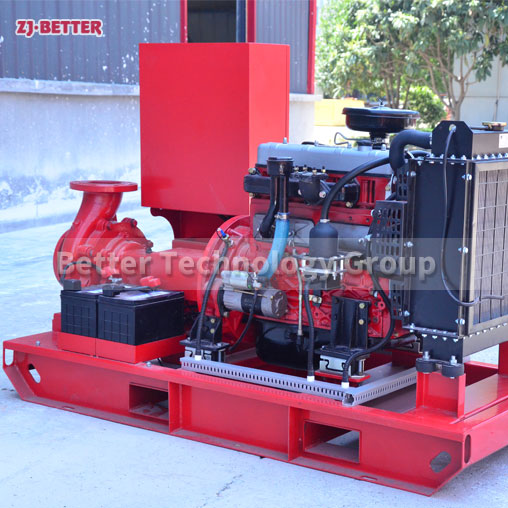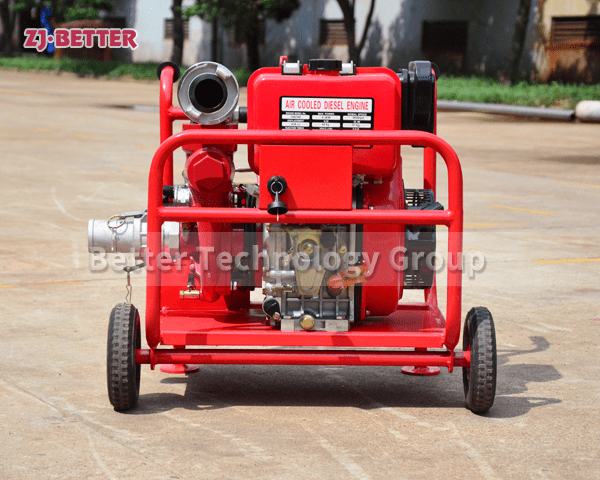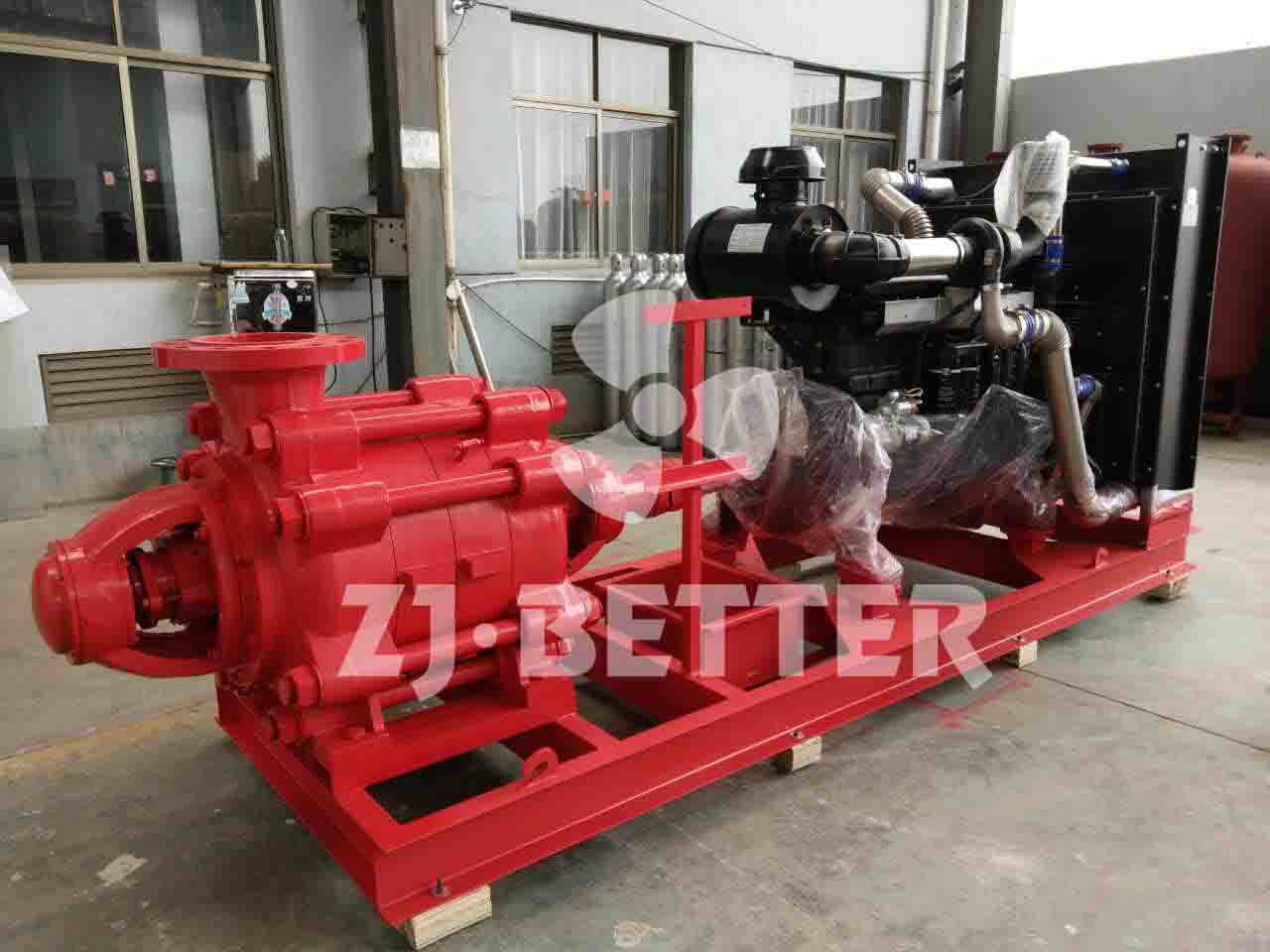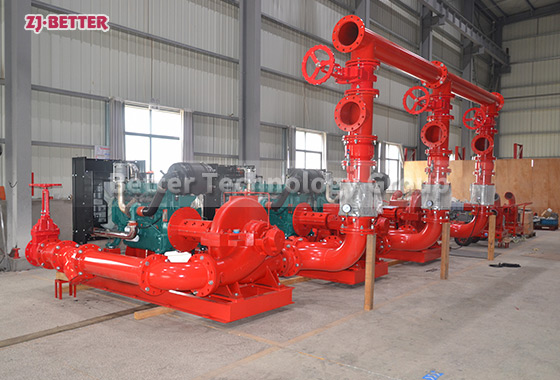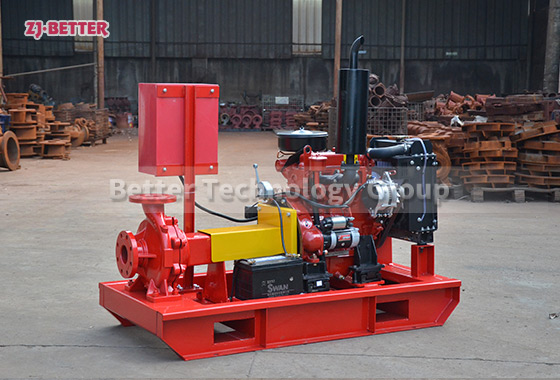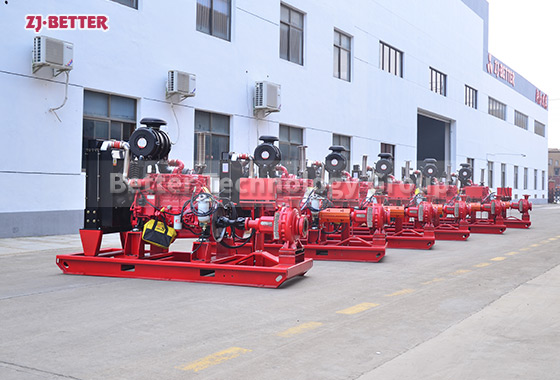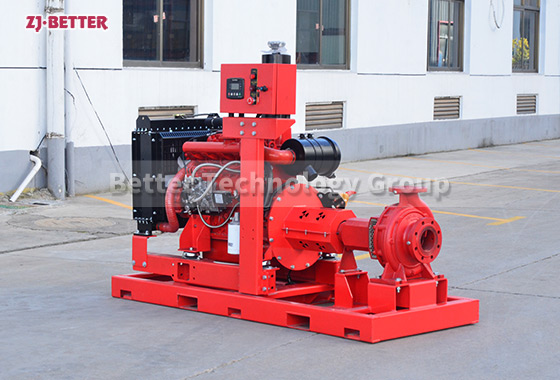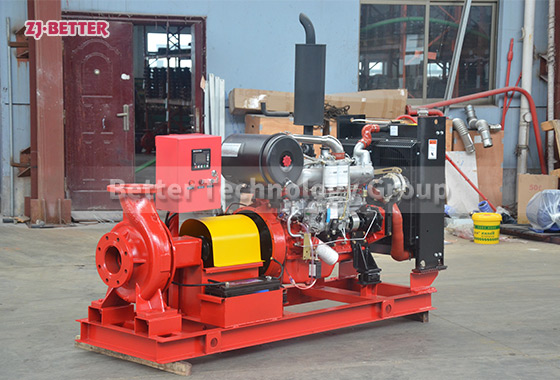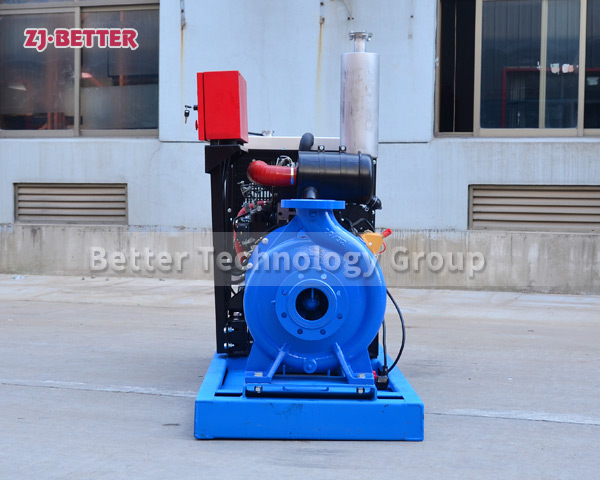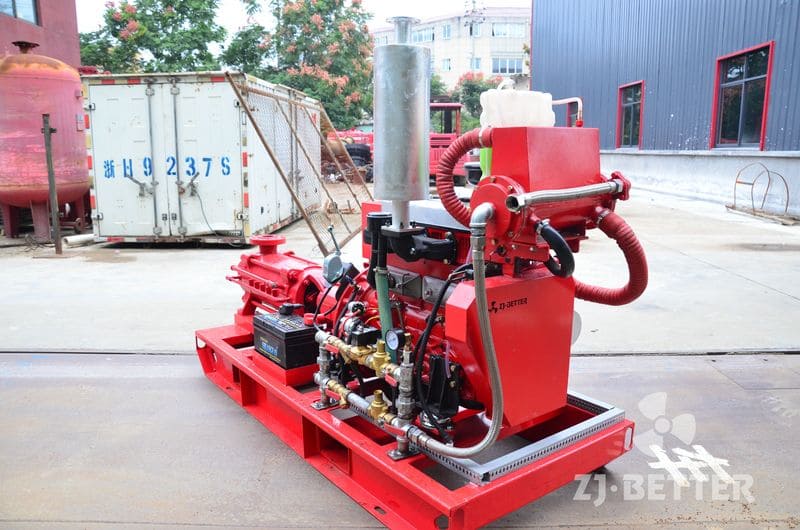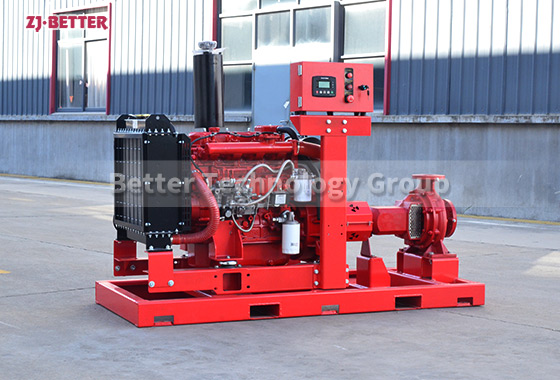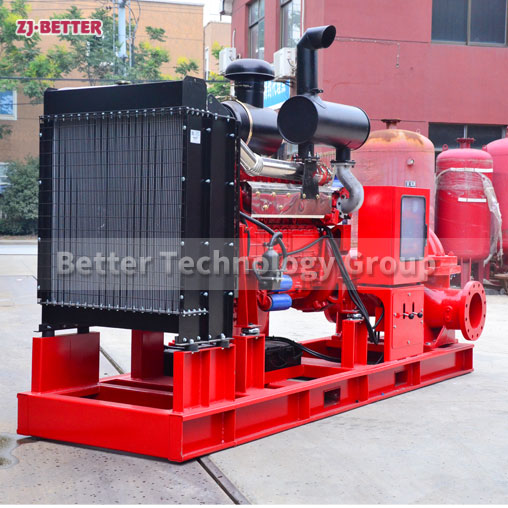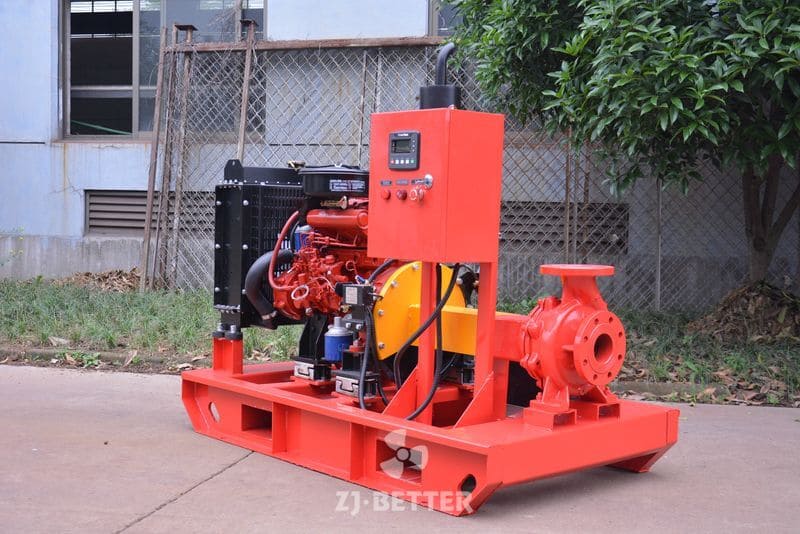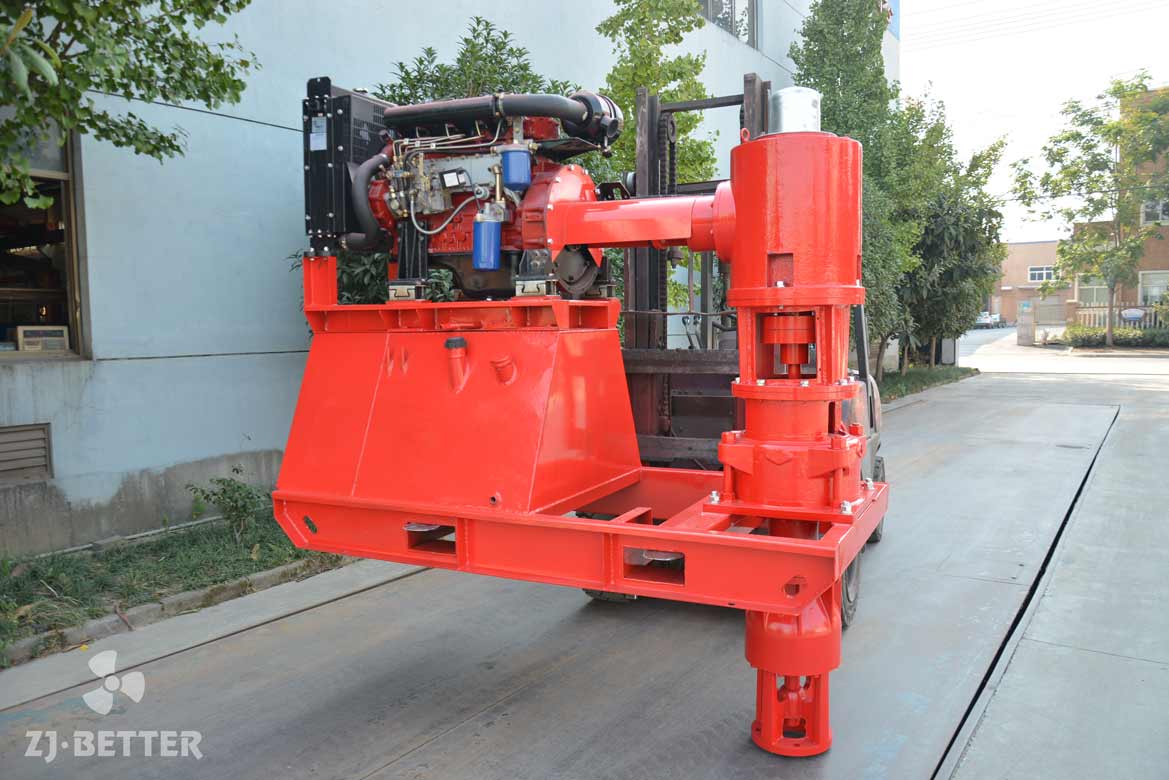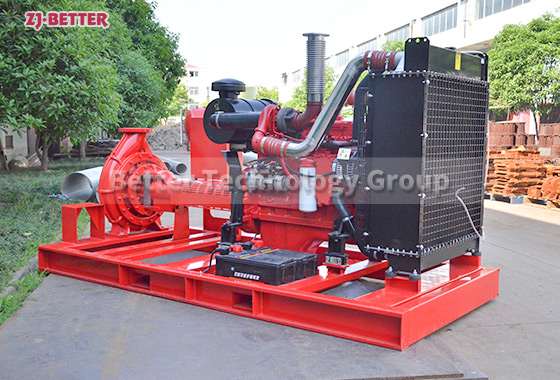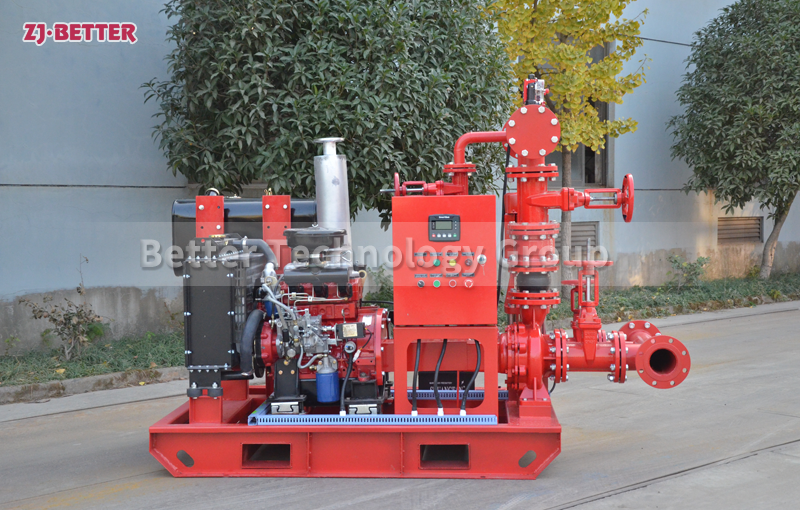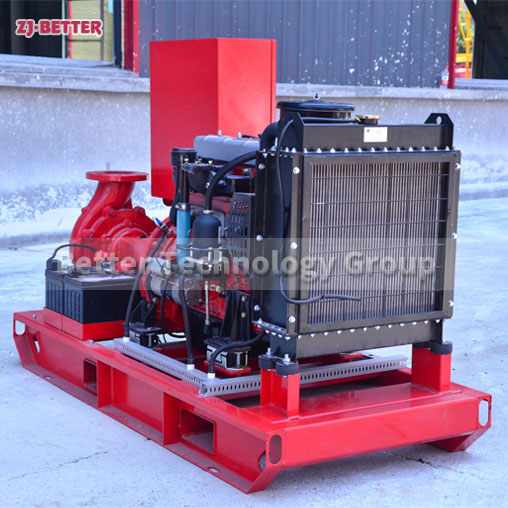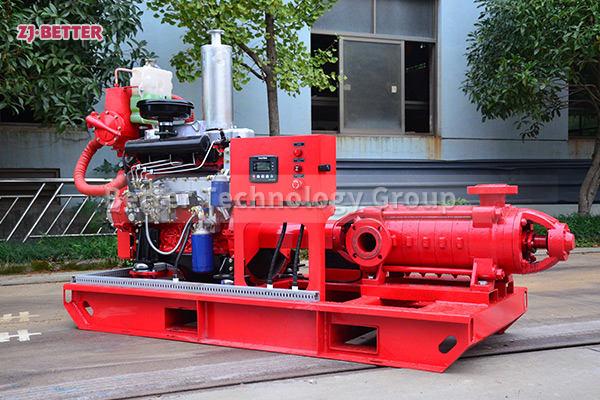Diesel engine fire pump sets should be checked and maintained regularly
Absolutely, regular checks and maintenance are crucial for ensuring the reliable and efficient operation of diesel engine fire pump sets. Since these pumps are critical for firefighting and emergency situations, their proper functioning is of utmost importance. Here are some reasons why regular checks and maintenance are necessary:
Absolutely, regular checks and maintenance are crucial for ensuring the reliable and efficient operation of diesel engine fire pump sets. Since these pumps are critical for firefighting and emergency situations, their proper functioning is of utmost importance. Here are some reasons why regular checks and maintenance are necessary:
- Reliability: Regular maintenance helps identify and address potential issues before they escalate into major problems. By detecting and fixing problems early, the fire pump set can be kept in reliable working condition.
- Performance: Proper maintenance ensures that the pump operates at its optimum performance levels. This includes checking and adjusting components such as the engine, cooling system, fuel system, and pump impeller to ensure they are working efficiently.
- Safety: Fire pump sets are used in emergency situations, and any failure during operation could be disastrous. Regular maintenance helps mitigate the risk of breakdowns, ensuring that the pump is ready to function when needed.
- Longevity: With regular maintenance, the lifespan of the diesel engine fire pump set can be extended. Well-maintained equipment is less prone to premature wear and tear, resulting in cost savings over the long term.
- Compliance: Many jurisdictions and insurance companies require regular maintenance of fire safety equipment, including fire pump sets. Compliance with these regulations is essential to avoid penalties and maintain insurance coverage.
- Warranty: Regular maintenance may be a condition for honoring the warranty provided by the pump manufacturer. Failing to follow the recommended maintenance schedule could void the warranty.
- Environmental Impact: A well-maintained diesel engine fire pump set operates more efficiently, leading to reduced emissions and a smaller environmental footprint.
- Performance Testing: Regular maintenance often involves performance testing, which ensures that the pump is capable of delivering the required flow and pressure for firefighting purposes.
To ensure the best results, it’s essential to follow the manufacturer’s recommended maintenance schedule and guidelines. Additionally, having a trained and experienced professional perform the maintenance tasks is crucial to ensure that the pump set is properly serviced and meets all safety standards.

